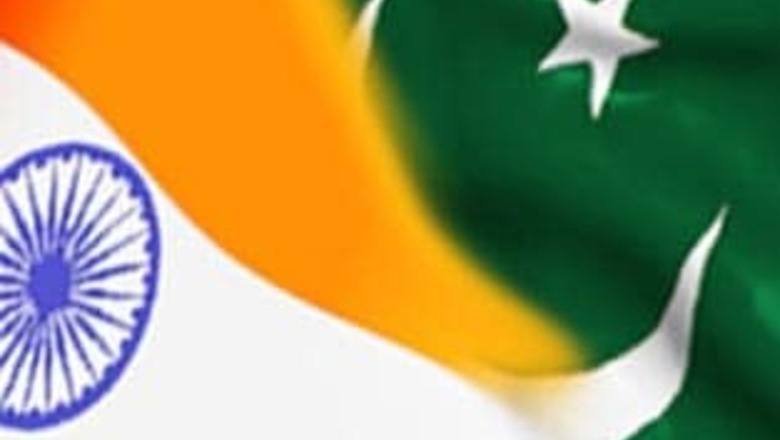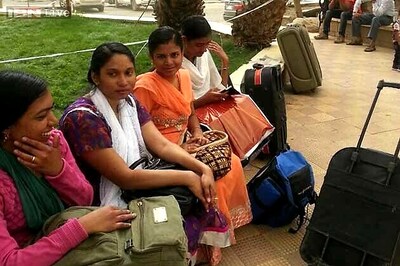
views
Geneva: Pakistan said on Thursday it feared India could make 100 nuclear warheads a year by diverting fissile material transferred from the United States and other powers.
Zamir Akram, Pakistan's Ambassador to the United Nations in Geneva, said civilian nuclear agreements were providing its rival, whose arsenals are larger, with "the transfer of unlimited amounts of fissile material".
Safeguards arrangements contained in bilateral agreements, aimed at preventing diversion of highly enriched uranium and plutonium stocks to weapons production, were "not foolproof", he told the UN-backed Conference on Disarmament.
"There is every danger that imported fissile material designated for civilian use will be secretly diverted for weapons-making purposes as was done in the past. In such a situation, the annual production of weapons can be as much as 100 nuclear warheads," Akram said in a speech.
India's Disarmament Ambassador Hamid Ali Rao dismissed Akram's remarks as "gratuitous and unfounded".
"We urge the Pakistani delegation to avoid bringing up extraneous issues designed to create obstacles in the path of the conference on disarmament getting down to serious and substantive work," Rao said in a speech.
India's "impeccable non-proliferation record" was widely recognised, he said.
Pakistan has blocked the start of negotiations at the 65-member conference on banning production of fissile material, arguing that would put it at a permanent disadvantage to India, with which it has fought three wars since Independence in 1947.
India and the United States signed a civilian nuclear deal in 2008, ending India's nuclear isolation since it tested a nuclear device in 1974. Last week Britain signed an agreement on nuclear energy cooperation with India.
On February 25, Indian and Pakistani diplomats are to hold their first official talks since the attack on Mumbai by Pakistan-based Islamist militants in 2008 that killed 166 people.
The United States has urged the two countries to work together to help stabilise Afghanistan, where it is deploying tens of thousands more troops into battle against militants.


















Comments
0 comment